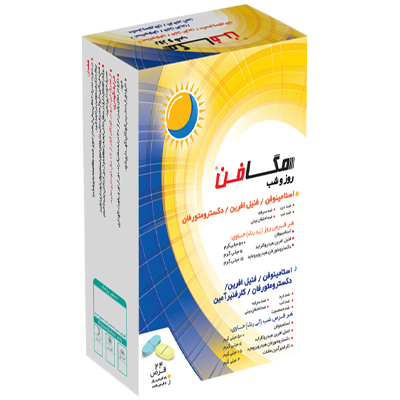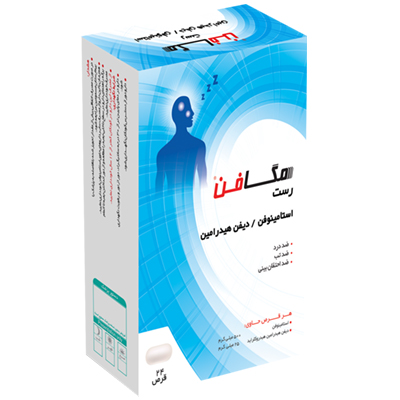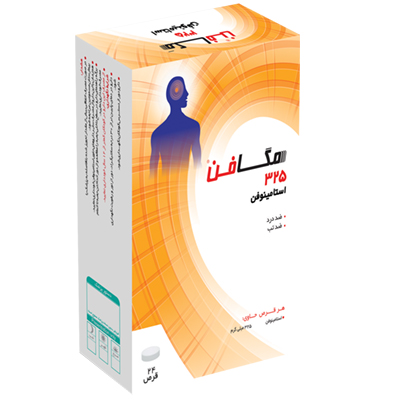Scalp psoriasis is a chronic skin condition that causes inflammation, redness, and scaling of the scalp. It is an autoimmune disease in which the body's immune system mistakenly attacks healthy skin cells and increases the rate at which skin cells grow. This process leads to the accumulation of dead skin cells and the formation of thick, scaly plaques on the scalp. Scalp psoriasis often causes severe itching and inflammation, and in some cases, it can be painful.
This disease can occur at any age but is usually more common in adolescence or adulthood. Genetic factors, stress, infections and environmental changes can be the main triggers of scalp psoriasis. Diagnosis is made by a dermatologist and is based on clinical symptoms. Disease Psoriasis in infants and children It also occurs rarely, usually in the diaper area, and timely diagnosis and treatment under the supervision of a specialist are very important in this case.
Treatment for this condition usually involves topical medications, such as corticosteroids and special shampoos. In severe cases, oral and systemic medications are also prescribed. Daily care, such as gentle scalp washing and avoiding irritants, helps control the condition.
What is scalp psoriasis?
Scalp psoriasis is one of Types of psoriasis It affects the scalp. Because of the hair covering, this type of psoriasis can cause more problems and cause dryness, scaling, and the formation of thick plaques. These plaques usually cause severe itching, burning, and inflammation, which causes discomfort to the patient. Because the appearance of the scalp and hair is important, scalp psoriasis can cause anxiety and loss of self-confidence. In some cases, improper use of medications or excessive washing may worsen the condition.
Treatment methods include the use of Shampoo for treating scalp psoriasis Such as ketoconazole and salicylic acid shampoos, as well as topical corticosteroids. Newer treatments such as biologics and light therapy are also used in certain cases. Continuity of treatment and proper care is very important.
10 clear symptoms of scalp psoriasis
Scalp psoriasis is characterized by symptoms such as red, scaly, and thick plaques on the scalp. These plaques are usually itchy and inflamed and can spread over time. The disease is usually chronic, with periods of relapse and remission. One of the hallmarks of this disease is its irritability by various factors such as stress, infection, and weather changes. The plaques may spread around the scalp and even to the forehead and neck. In severe cases, deep cracks and bleeding may also be seen. In general, the characteristics of scalp psoriasis are as follows:
- Pain and burning in the affected area
- Redness and inflammation of the scalp
- Minor bleeding from intense scratching
- Dry and cracked scalp
- Temporary hair loss due to inflammation and itching
- A feeling of tightness or tightness in the scalp
- Severe and persistent itching in the scalp area
- Thick, raised plaques on the scalp
- White or silvery flakes and scales on the scalp
- Spread of plaques to surrounding areas, such as the forehead or back of the neck
9 Ways to Diagnose Scalp Psoriasis
Diagnosis of scalp psoriasis is usually made by clinical examination. The doctor examines the scalp and observes red, scaly plaques. Family history and accompanying symptoms also play a role in the diagnosis. In complicated cases, Skin biopsy for psoriasis A biopsy is performed to differentiate psoriasis from similar conditions, such as seborrheic dermatitis or a fungal infection. Blood tests are sometimes done to rule out other conditions. Early and accurate diagnosis allows for early treatment and better control of the disease. Here are some ways to diagnose scalp psoriasis:
- Taking the patient's medical and family history
- Check for associated symptoms such as itching and inflammation
- Assessing the severity and extent of skin lesions
- Blood tests to rule out similar diseases
- Consultation with dermatologists in complex cases
- A thorough clinical examination of the scalp by a doctor
- Skin biopsy in suspicious cases
- Check for red, scaly plaques on the scalp
- Fungal tests to differentiate from fungal infections
The final diagnosis of scalp psoriasis can only be made by a dermatologist and requires careful clinical and laboratory examinations. Any self-treatment or non-specialist diagnosis may lead to aggravation of the disease.
What is hair psoriasis and how is it different from scalp psoriasis?
Scalp psoriasis refers to inflammation and damage to the hair follicles on the scalp, which can lead to hair loss. This is a type of scalp psoriasis that directly affects the hair. The main difference from scalp psoriasis is that scalp psoriasis is more focused on the scalp and causes scaly plaques, but scalp psoriasis causes damage to the hair follicles and hair loss. Hair loss may be temporary or, in rare cases, permanent. Treatment for this type of psoriasis requires special care to maintain the health of the hair and prevent further damage.
Does scalp psoriasis cause hair loss?
An important question for patients is whether scalp psoriasis causes hair loss or not? The answer is yes, but the hair loss is usually temporary. Severe inflammation and constant itching cause damage to the hair follicles, which can disrupt the natural hair growth cycle. Scratching the scalp and improper use of strong medications may also aggravate hair loss. If the disease is not well controlled, hair loss can become more widespread.
Treatment methods for scalp psoriasis
Treatment for scalp psoriasis should be tailored to the sensitivity of the skin and the presence of hair. Common treatments include topical medications such as corticosteroids, medicated shampoos, and moisturizers that help reduce inflammation and flaking. The most common treatments for scalp psoriasis include:
- Mometasone lotion: A potent topical corticosteroid to reduce inflammation such as Megacort Lotion
- Ketoconazole shampoos: antifungal and anti-inflammatory
- Salicylic acid shampoos: soften scales and help remove flakes
- Coal tar shampoos: Reduce itching and scaling
- Oil for scalp psoriasis
- Other topical corticosteroid medications: such as hydrocortisone and betamethasone
- Scalp moisturizers: Prevent dryness and cracking
- Vitamin D3 creams and gels, such as calcitriol, regulate skin cell growth
- Oral systemic medications: methotrexate, cyclosporine, acitretin
- Injectable biologic drugs
- Mometasone cream: reduces itching and inflammation of the scalp (Megacort cream)
- Mometasone ointment: reduces itching and inflammation of the scalp (Megacort ointment)
- Phototherapy with UVB rays for the scalp
- Specialized laser therapy: Helps reduce inflammation and plaques
- Mild, non-irritating shampoos: Prevent the condition from getting worse
Care tips for scalp psoriasis patients
Daily care is vital for scalp psoriasis patients. Using mild, specialized shampoos that do not irritate the scalp is an important first step. Regular, but not excessive, washing helps maintain the skin's natural moisture. Scratching the scalp should be strictly limited because it irritates and intensifies inflammation. Reducing stress and eating well also help improve the condition. Protecting yourself from direct sunlight and avoiding contact with strong chemicals are also important. Also, regular visits to the doctor and following treatment are essential.
Keeping the scalp moisturized with appropriate oils or moisturizers, reducing stress through exercise, yoga, or meditation, avoiding excessive use of hair dryers and heat tools, gently combing the hair with a soft brush, and avoiding the use of strong chemical products such as hair dye or heavy gels are other tips that scalp psoriasis patients should follow.
Conclusion | Scalp psoriasis
Scalp psoriasis is a chronic, autoimmune skin disease characterized by symptoms such as redness, itching, inflammation, and scaling. It may also be accompanied by temporary hair loss and psychological distress such as anxiety and low self-esteem. Although there is no cure for this disease, symptoms can be largely controlled with topical medications, specialized shampoos, light therapy, systemic medications, and biologics.
Daily care tips such as avoiding scratching the scalp, using mild shampoos, keeping the scalp moisturized, and reducing stress play an important role in managing the disease. However, all information provided is for general information only and is not a substitute for professional medical advice. Proper diagnosis and treatment of scalp and hair psoriasis should only be done under the supervision of a dermatologist. Avoid any self-medication or arbitrary use of medication, as it may worsen the condition. Regular visits to the doctor and follow-up treatment are the most important steps in effectively controlling this chronic disease.




